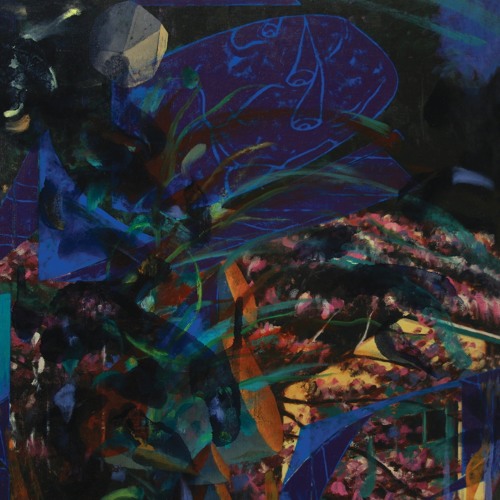

"I think that Stephen Foster really did create popular music as we still recognize it today, and he did it because he took together all these strands of the American experience," Emerson said. In a 1997 interview with Terry Gross, Emerson explained Foster's importance to the history of popular song and also why his songs continue to resonate more than 150 years after he wrote them. He also edited a new compilation of lyrics penned by Foster and his contemporaries, entitled Stephen Foster & Co. Some of Foster's songs, like the ones written in black dialect to be performed in black face, are "a source of racial embarrassment and infuriation," says Ken Emerson.Įmerson, a music historian, is the author of a Foster biography, Doo-dah!: Stephen Foster And The Rise Of American Popular Culture. During his career, Foster penned over 200 tunes, including the lyrics for "Oh! Susanna," "Jeanie with the Light Brown Hair," "Camptown Races" and "My Old Kentucky Home."īut many of Foster's musical lyrics often contained hateful racial ideas. Here, the lyrics via Genius to take in.Known as the "father of American music," Stephen Foster made his living by selling his sheet music in the days before records and radio. The two's song "champagne problems" tells a poignant story though-and offers a rare showcase of Alwyn and Swift's teamwork and joint writing skills. They have spoken about their future together, and they love celebrating the holidays together and are looking forward to that." She is so grateful for him and in love with him. Joe has helped Taylor with her music, inspiring it.

"He is the one constant in her life that she can truly rely on. "Joe has provided such a great support system for Taylor," ET's source said. Additionally, a source spoke to Entertainment Tonightabout the two's relationship last week, describing them as still just seriously dating and planning a future together. Swift and Alwyn have kept their relationship private on purpose, although Swift described Alwyn as her "boyfriend" in Entertainment Weekly 's interview with her released this week, shutting down engagement and breakup rumors. Alwyn and Swift, after all, started dating in their mid-20s, have been together for four years, and remain a couple. In her evermore note, Swift called out "champagne problems" specifically as "the one where longtime college sweethearts had very different plans for the same night, one to end it and one who brought a ring." The song tells a story, one not about her and Alwyn but characters. Those characters may have blushes of her in them (as Swift wrote in her folklore note, "the lines between fantasy and reality blur and the boundaries between truth and fiction become almost indiscernible"), but they aren't breaking news about her personal life. evermore continues that and is "17 tales," as Swift put it in her new accompanying album note, with different characters. folklore was a blend of fact and fiction, creating the stories and narratives throughout the tracks.


Swift made it clear that, like folklore, this album is based more in fiction than her personal life. But the song doesn't end with the woman saying yes. Of the tracks, "champagne problems" is the one most focused on a proposal amid fan theories the two could be revealing through Swift's new music that they're secretly engaged. Taylor Swift dropped evermore at midnight, an album featuring three songs William Bowery, aka Swift's boyfriend Joe Alwyn, co-wrote with her.


 0 kommentar(er)
0 kommentar(er)
